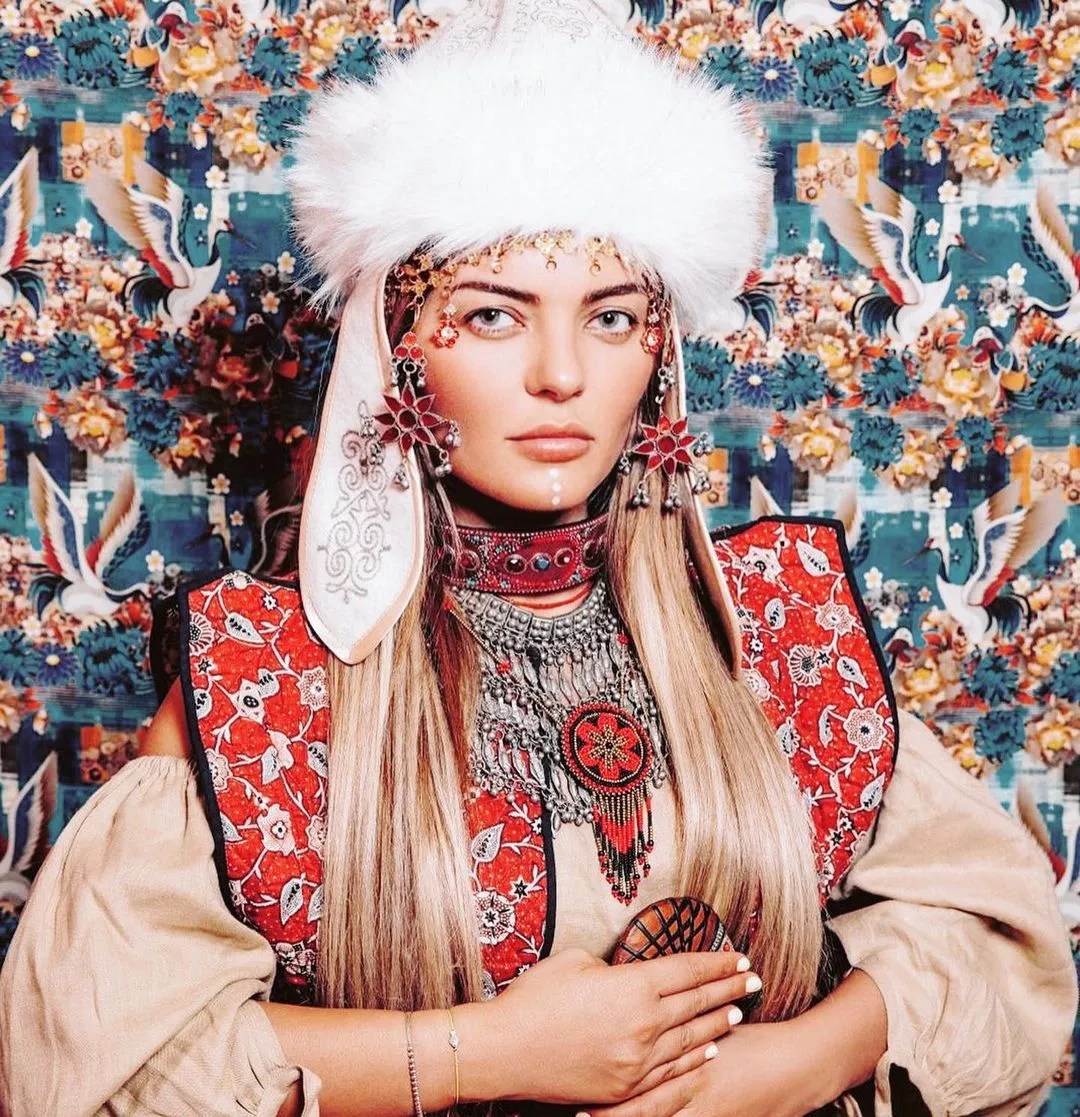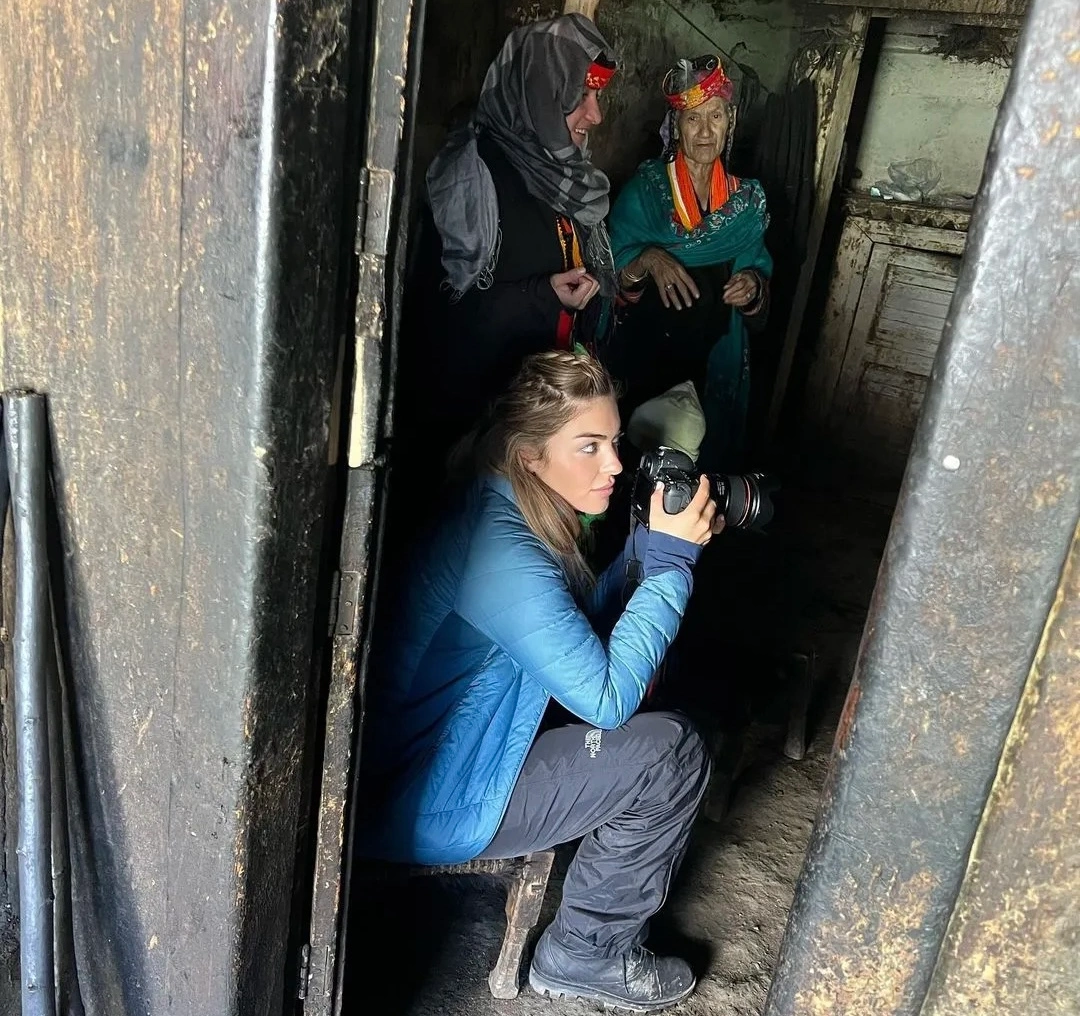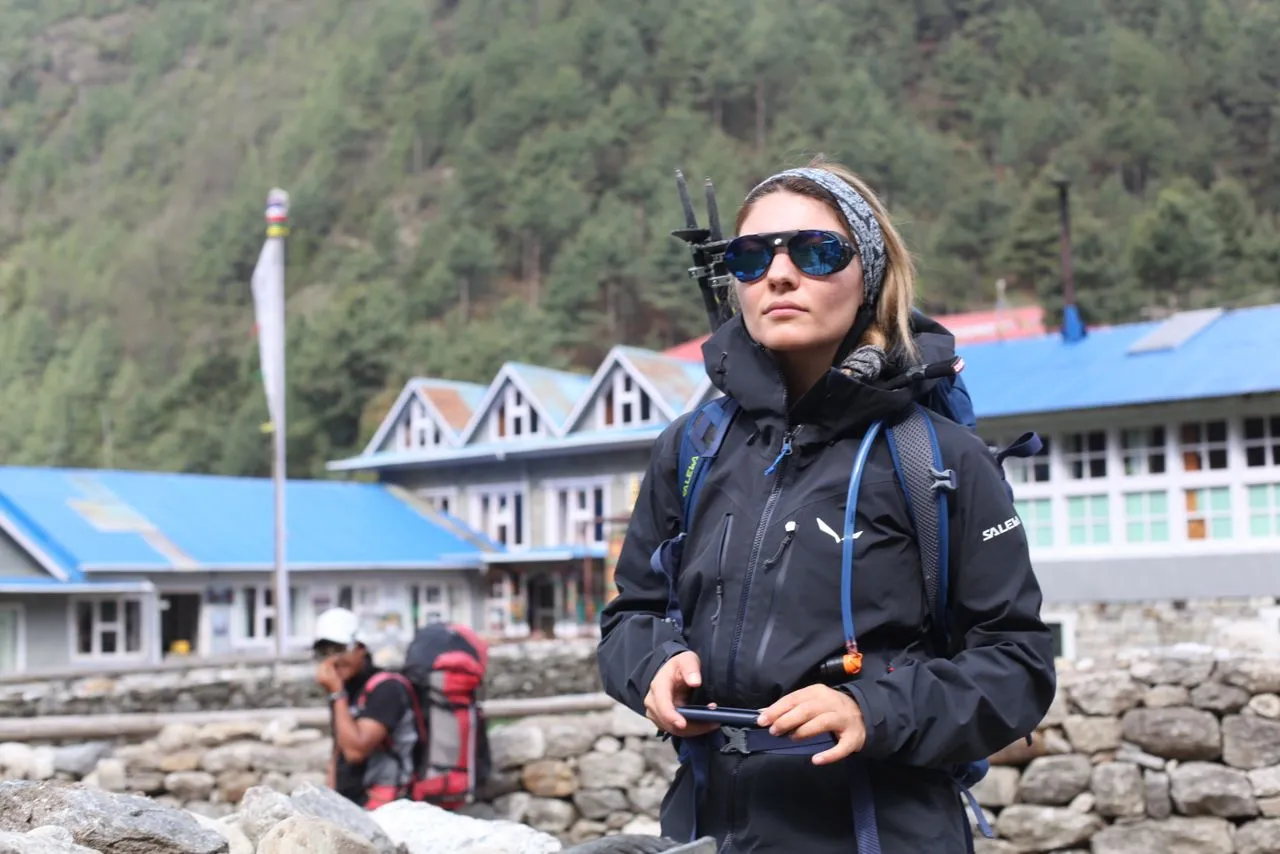First,
My journey to Kyrgyzstan happened when I was planning a trip to Mongolia. For a long time, I had been in communication with a researcher, and we had read various sources. The initial sparks came from the book “Shamanism” by Mircea Eliade. The book is about Russian shamanism, exploring the paths it has taken in this region, its foundations in various cultures, and how it has transformed in the face of official religions. But I haven’t visited Mongolia yet, even though it seems close and easy.
After returning from Pakistan, even though I had received three doses of the vaccine. I contracted such a severe case of COVID-19 that I slept for two weeks straight. I had a fever, body aches, delirium, fatigue, and loss of appetite all at once. Moreover, the worst part was that when I tried to get up from the bed, my head would spin. The physical symptoms of the illness subsided, but for a while, I didn’t feel like getting out of bed, seeing anyone, or doing anything.
Later, in a medical report, I read that many people experience a mild form of depression, manifesting as apathy, after recovering from the COVID-19 quarantine period. I didn’t have the physical and mental strength to exercise, and I tried to meditate. However, my mind was so foggy that I could hardly concentrate. Moreover, because I didn’t understand why I had lost the desire to do anything, I became anxious and nervous.
Second,
During the war years and amid various upheavals, as a child who was constantly restless, my sanctuary was usually a globe-shaped toy and a world atlas. I would close my eyes, spin the globe a few times, and place my finger on a random point. Every country I had my finger on, I got its information from the atlas, On each country, I would gather information from the atlas; from its capital and major cities to details like the currency, type of government, rivers, and mountains. Then, I would locate the cities and roads on the globe, imagining… It was about where I would start my journey and where I would go.
This playfulness made my curiosity in these areas grow more. I would ask everyone about the city they had seen, their clothes, their foods, and their customs and traditions. One day, one of the neighborhood kids had gathered the others in the alley and was talking about fields where horses grazed, people would throw lassos and leap onto the backs of horses; even the kids could mount the wild horses and swiftly race into the heart of the jungle. The vividness of this memory was so intense in my mind, and I was so captivated by it for years, that now I don’t know which parts of it my mind constructed, which parts I truly heard, and which parts came from books and movies.
In my adolescence, I had made a pact with myself to continue the journey of the hopeful brothers and had prepared a list of places I was supposed to visit. My priorities kept changing; I would mark some places, and certain trips would take the lead, the whole list could be rearranged after watching a documentary, But one destination that never left the list was that vast open plain. I asked the storyteller, at first, he couldn’t recall anything in general.
I described in detail everything that was in my mind, and eventually, some things came back to him. They had traveled to the Turkmen Desert but had only watched a horse racing competition and visited the horse training grounds, neither a plain nor a forest nor a lasso in sight. The only common element in our memory was the children practicing horsemanship with the racing horses.

Third,
During those exhausting days when I had contracted COVID-19, I sat there and thought about how much I had achieved what I wanted.
How far I’ve strayed from my wishes! What am I even traveling for?
Is my journey bringing me closer to life, or am I traveling to escape something?
Countless of these questions – which usually arise in times of depression – came to me, and despite plunging into inner mourning and the sudden darkness overshadowing everything, there is also a kind of awakening experience. A kind of inner journey through memories, all the things that have been forgotten, a return to the origin. In my imagination, what was the journey tangled with?
For me, it wasn’t a job, nor a hobby, not even something I could stand beside and share with photos or documentaries. Travel was the most personal aspect of my existence. It was where my most rebellious aspirations to explore the world and wander freely resided, where my desires for life merged with my being.
As a result, I acted following the context of my childhood. I searched for the phrase “plain for horseback riding.” I had made a deal with myself that the first place I came to would be the destination of my journey: The grasslands bordering Lake Song-Kul in Kyrgyzstan. The place of that spinning finger in childhood, now the Google algorithm was suggesting to me.
I knew Google had been collecting my preferences and desires for years, breaking them down into numbers and codes; but when I saw the blue horizon merging into the greenery of the pastures, it seemed to me that magic had triumphed over numbers.
A week later, without a camera or even a few pieces of paper for notes, I was in Bishkek, an odd name listed as the capital in the column of capitals in front of Kyrgyzstan. It was a country whose name I had seen on the last two pages of my atlas under the title of newly independent countries, a place that, in my old geographical knowledge, was still part of the Soviet Union. When I arrived there, coinciding with Eid al-Adha, there was a wedding in the neighborhood where I was staying, and large cauldrons were placed on charcoal stoves. The constant hustle and bustle and the incessant shouting and screaming to prepare the groundwork had driven me crazy.
In the early morning, I got into the car, lost in the hustle and bustle of the Eid day traffic. When I opened my eyes, it felt like something had been gifted to me. For three days straight, I was exactly where I had constructed in my memory: riding a horse in the open plains. My eyes, ears, and skin were under the sky, the sun, and the wind. All sounds had disappeared, except for the silence and the rustling of the horses.

I slept under a nomadic tent, in a land of raw scents: the smell of grass, the scent of horse sweat, the smell of smoke, a scent with no name, but it felt like the smell of the air itself. In the chill of the early morning, when the skin of my face touched the frosty air when the skin on my head burned under the blazing sun while riding on the horse’s back, and when my entire body was so tired that my mind didn’t even have time to entertain a thought before falling asleep, I knew this was a reward given only to those who have lived in dreams for years.
When I returned to Bishkek, the neighboring house still had a wedding going on. Apparently, according to the local tradition, depending on the family’s means, weddings can last for several nights. The homeowner said it was the last night of the wedding. Here, anyone can come to the wedding without an invitation, meaning I could join them too. I was so tired that all I wanted was a blanket, and I thought I was just moments away from sleep. I pressed my ear against the wall of the room where the wedding was happening.
The local komuz instrument was playing there, and its lament was so sorrowful that I wondered why they would play it at a wedding. The komuz played on, and the laments gradually found a rhythm. The rhythm of the instrument and the sound of horse hooves merged; like the strokes of an unseen horse’s tail that we don’t see but hear its sound. Suddenly, the instrument went so mad that it sounded like a horse charging.
A loud clamor rose, so free and wild as if a herd had sensed the smell of a mare, relentless! Suddenly, the sound ceased, and a murmur came, indicating that they were passing the food around; the sound of people laughing, the clinking of metal plates, names being called out for food, the sound of life that always emerges from the saddest melodies.




